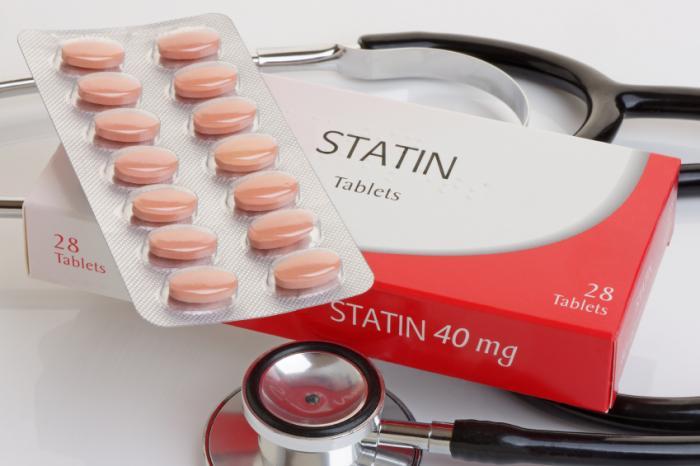
Statins do not contribute to an increased risk of intracerebral haemorrhage in individuals with previous stroke, with the risk even lower in the subgroup of those who have had ischaemic stroke, a recent study has shown.
The study involved a propensity score–matched cohort of 55,692 adults initiating statin treatment after a first-time stroke diagnosis (intracerebral haemorrhage [ICH], n=2,728; ischaemic stroke [IS], n=52,964) and 65,640 comparators who did not use the drug (ICH, n=13,640; IS, n=264,820). In most users, statin treatments were commenced within 30 days after the index event.
New ICH occurred in 118 statin users with prior ICH and in 319 users with prior IS. The risk of ICH did not significantly differ between statin users and nonusers in the group of individuals with prior ICH, whereas the risk was lower by half for users in the group with prior IS.
The findings did not change over time and were not explained by concomitant initiation of other drugs relevant for stroke risk, by dilution of treatment effect (due to changes in exposure), or by healthy initiator bias, indicating that concerns about the increased ICH risk associated with statins may be unfounded, according to the researchers.
While unknown, the biological mechanism underlying a lower risk of ICH among statin users in individuals with a history of stroke may involve statin-induced lower oxidative stress and inflammation, improved endothelial function, and stabilized atherosclerotic plaques. These effects could potentially avert vascular disruption and subsequent haemorrhage. [Annu Rev Pharmacol Toxicol 2005;45:89-118; Stroke 2017;48:3245-3251]